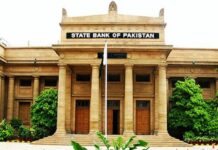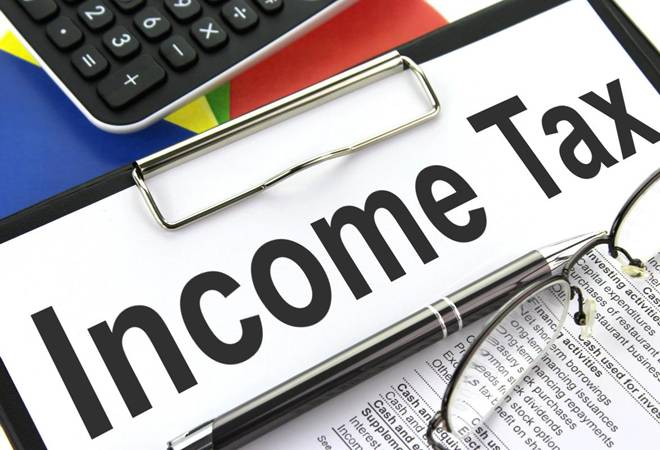ISLAMABAD: The government of Pakistan has announced to increase customs duty on 7000 imported products, under the new Finance Bill 2018-19, announced on Friday.
Under the new Finance Bill, the government aims to increase customs duty to two per cent against one per cent collected previously in an effort to increase tax revenue and curtail imports.
According to customs officials, some 7000 products come under four slabs that would be affected by the increase, meanwhile, the tax department collects around Rs50 billion from these products, which will be doubled to Rs100 billion after the increase in customs duty.
Meanwhile, mobile phones, luxury items, home appliances, copper tyres, washing machines, patrol generating sets, LEDs and electronics appliances are among the many products likely to be affected under the new customs duty regime.
Advisor to Prime Minister on Revenue Senator Haroon Akhtar in the post-budget conference said that the purpose of increasing the customs duty is to curtail the imports as imports have reached $30 billion in the first nine months of the current fiscal year.
However, items that fall under bilateral free trade agreements or are categorised as sensitive items will be exempted from customs duties, he added.
Haroon Akhtar said that “we have set revenue growth targets at 15.5 per cent and we are optimistic that the department will be able to achieve its target of Rs4423 billion for next fiscal year.”
Moreover, under the recently announced finance bill, the government has introduced a nominal tax slab of Rs1000 for individuals earning between Rs400,000 to Rs800,000 annually and Rs2000 tax for individuals earning between Rs800,001 to Rs1,200,000 annually.
In addition to this, the government has announced a gradual decrease in corporate tax rate to 25 per cent by 2023 and eliminating super tax in next three to four years. The super tax was imposed in 2015 for rehabilitation of internally displaced persons and was continued in 2016 and 2017. It is currently being charged at 4 per cent on banking companies and 3 percent on non-banking companies having income greater than Rs500 million.
Finance Minister Miftah Ismail said that super tax may be continued for the financial year 2017-2018 but the rate may be reduced by 1 per cent per year from the financial year 2018-2019 for both banking and non-banking companies.
In consonance with the policy to reduce tax rates for individuals and AOPs, the government has decided to likewise reduce corporate tax rates from 30 per cent in the tax year 2018 to 25 per cent in the tax year 2023. The corporate tax rate will be charged at 29 percent in the tax year 2019 and will be reduced by 1 per cent each year up to the tax year 2023.
Moreover, the finance bill documents indicate that Federal Board of Revenue (FBR) has suggested decreasing the advance tax on banking transaction for non-filers by 0.4 per cent permanently.
Documents further indicate that the government has given exemptions to armed forces personnel for kits, ration, special messing, SSG, Northern areas compensatory, special pay for Northern area and height allowance.
For revenue measures, the government has proposed to increase withholding tax on payments remitted abroad through credit, debit and prepaid cards. The banks will be obliged to collect 1 per cent advance for filers and 3 per cent from non-filers in respect of credit card transactions resulting in an outward flow of remittance from Pakistan.

























